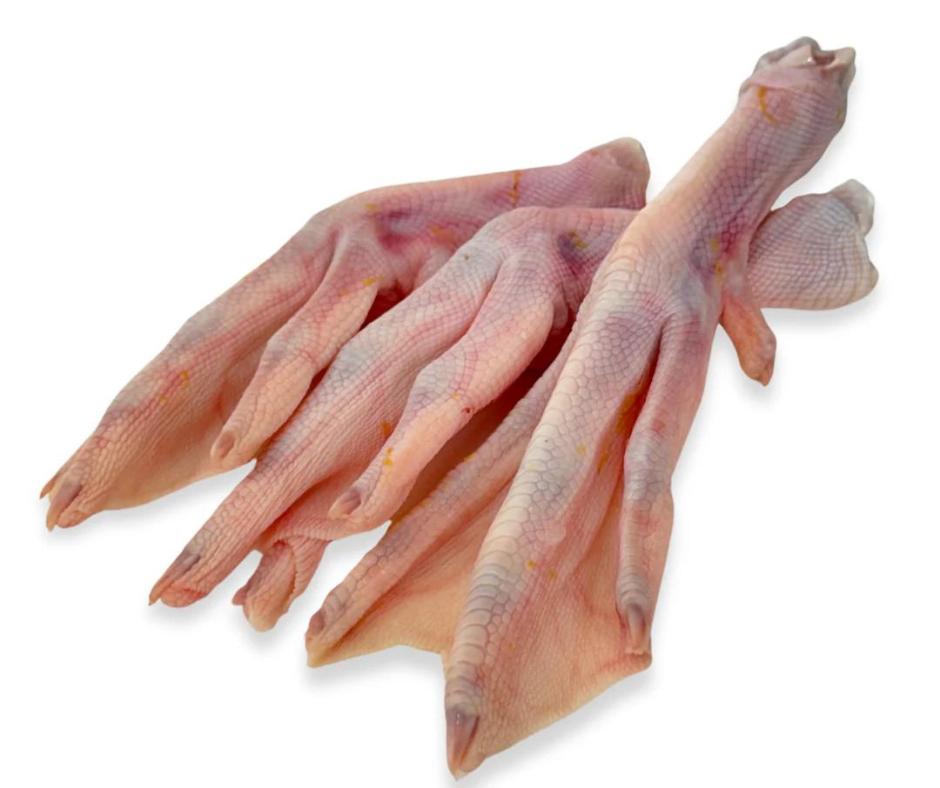As pet owners, we cherish the joyful wag of a tail and the comforting companionship of our canine friends. But what happens when our beloved dogs exhibit behaviors that challenge our patience and understanding? While training and environment play significant roles in shaping a dog’s demeanor, an often-overlooked factor is their diet. Just as nutrition profoundly impacts human mood and behavior, the same can be true for our furry companions. In this article, we’ll explore the intriguing connection between a dog’s diet and their behavior, offering insights into how the right nutritional choices can promote not only physical health but also a more harmonious and balanced temperament. Whether you’re dealing with a hyperactive pup or an anxious older dog, understanding the power of nutrition could be the key to unlocking a happier, more well-behaved pet.
Understanding the Link Between Nutrition and Canine Behavior
Exploring the fascinating connection between what our furry companions eat and how they behave reveals a tapestry of insights into canine well-being. Nutrition plays a crucial role in influencing a dog’s mood, energy levels, and overall behavior. A well-balanced diet ensures that dogs receive the necessary nutrients to support optimal brain function and hormonal balance, which in turn can lead to improved behavior. Foods rich in Omega-3 fatty acids, for instance, are known to enhance cognitive function and reduce anxiety in dogs.
- Protein Quality: High-quality protein sources are essential for muscle development and energy, helping to maintain a calm and active demeanor.
- Carbohydrate Balance: Complex carbohydrates provide a steady energy release, preventing spikes in blood sugar that can lead to hyperactivity.
- Vitamins and Minerals: Adequate levels of vitamins such as B-complex and minerals like magnesium are vital for nervous system health.
By understanding the pivotal role of nutrition, pet owners can make informed choices that not only support physical health but also foster a harmonious and balanced temperament in their beloved dogs.

Key Nutrients That Influence Your Dogs Mood and Actions
Just like humans, dogs require a balanced diet rich in certain nutrients to maintain optimal mood and behavior. Proteins are crucial as they provide amino acids, the building blocks for neurotransmitters like serotonin, which plays a key role in regulating mood. Omega-3 fatty acids, commonly found in fish oils, are known to support brain health and can help reduce anxiety and aggression in dogs.
Another essential nutrient is vitamin B, particularly B6, which aids in the production of neurotransmitters that influence mood. Antioxidants such as vitamins C and E are also important, as they help protect brain cells from damage. Additionally, magnesium and zinc contribute to a calm demeanor, while fiber supports gut health, which is increasingly recognized for its impact on mental well-being. Ensure your dog’s diet includes:
- High-quality proteins
- Omega-3 rich foods
- B-complex vitamins
- Antioxidant-rich fruits and vegetables
- Foods high in magnesium and zinc

Crafting a Balanced Diet for a Happier, Healthier Dog
When considering how to improve your dog’s behavior, it’s essential to look at their diet. Just like humans, dogs can experience mood swings and behavioral issues if their nutritional needs aren’t met. A well-rounded diet can lead to a more balanced and happy canine. Here’s how you can ensure your furry friend is getting the right nutrients:
- Protein: Opt for high-quality protein sources such as chicken, beef, or fish. Proteins are crucial for muscle development and energy levels, keeping your dog active and alert.
- Fats: Include healthy fats like omega-3 and omega-6 fatty acids. These not only support a shiny coat but also promote brain health, potentially improving focus and behavior.
- Carbohydrates: Whole grains and vegetables provide essential carbohydrates, which supply energy and aid in digestion.
- Vitamins and Minerals: Ensure your dog’s diet is rich in vitamins like A, D, and E, and minerals such as calcium and zinc, supporting overall health and vitality.
Feeding your dog a diet rich in these nutrients can lead to noticeable improvements in behavior, including reduced anxiety and increased playfulness. Remember, each dog is unique, so it might be worth consulting with a veterinarian to tailor a diet specific to your dog’s needs.
Practical Tips for Transitioning to a Behavior-Boosting Diet
Transitioning your furry friend to a behavior-boosting diet can be a rewarding journey, both for you and your pet. Begin by introducing new foods gradually to prevent digestive upsets. Start with small portions of the new diet mixed with their current food, and slowly increase the proportion over a week or two. This gentle approach helps your dog adjust without stress.
- Include Omega-3 fatty acids: Foods rich in Omega-3, like fish oil or flaxseed, can help reduce anxiety and improve brain function.
- Opt for whole foods: Choose natural ingredients such as lean meats, vegetables, and whole grains to promote overall health and balanced energy levels.
- Monitor portion sizes: Overfeeding can lead to lethargy and weight gain, which may negatively affect behavior.
- Consult your vet: Every dog is unique, so it’s wise to discuss dietary changes with a professional who understands your pet’s specific needs.
Remember, patience is key. It may take some time to see the full behavioral benefits of a new diet, but with persistence and care, you can help your dog thrive both physically and mentally.

